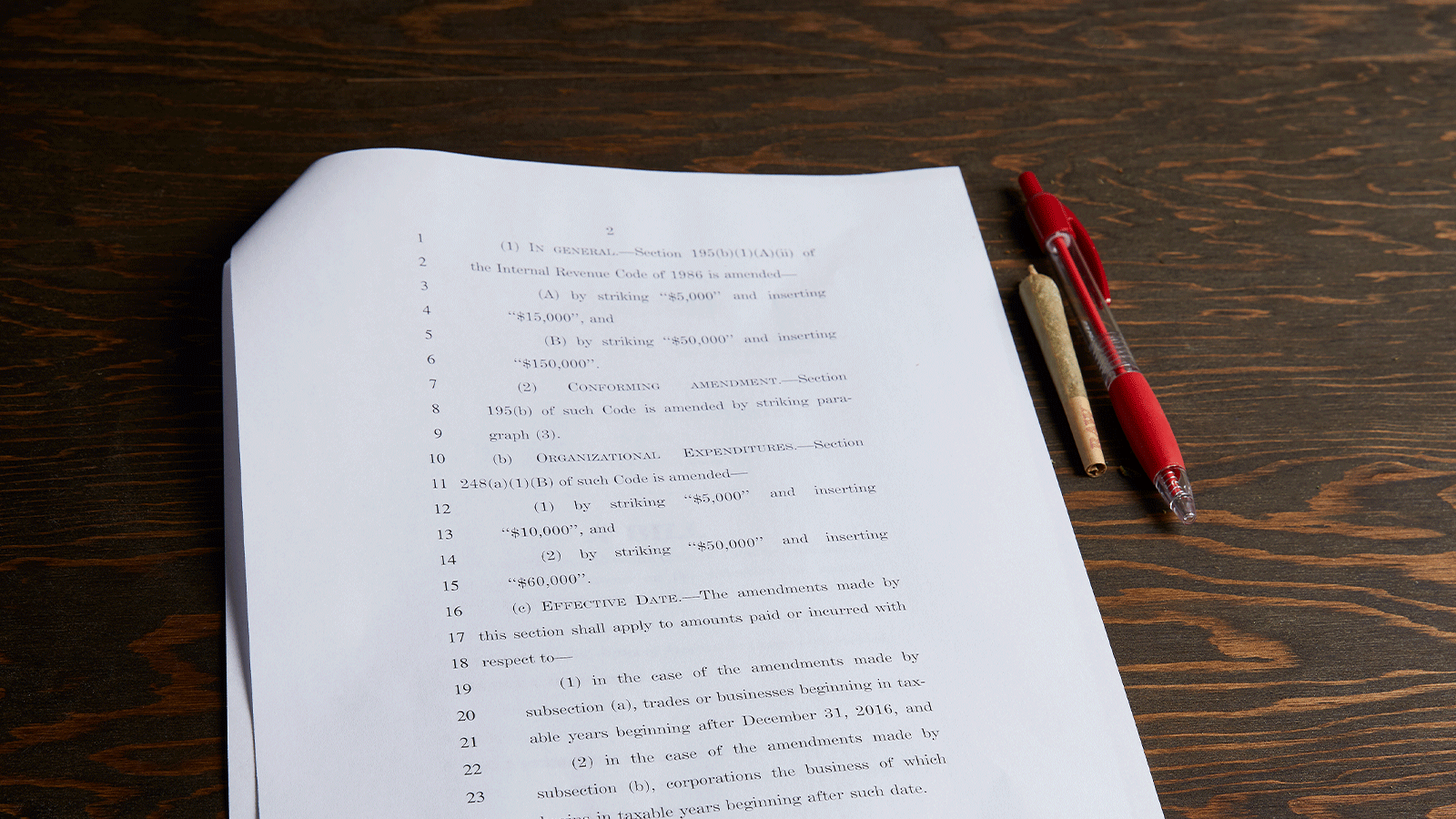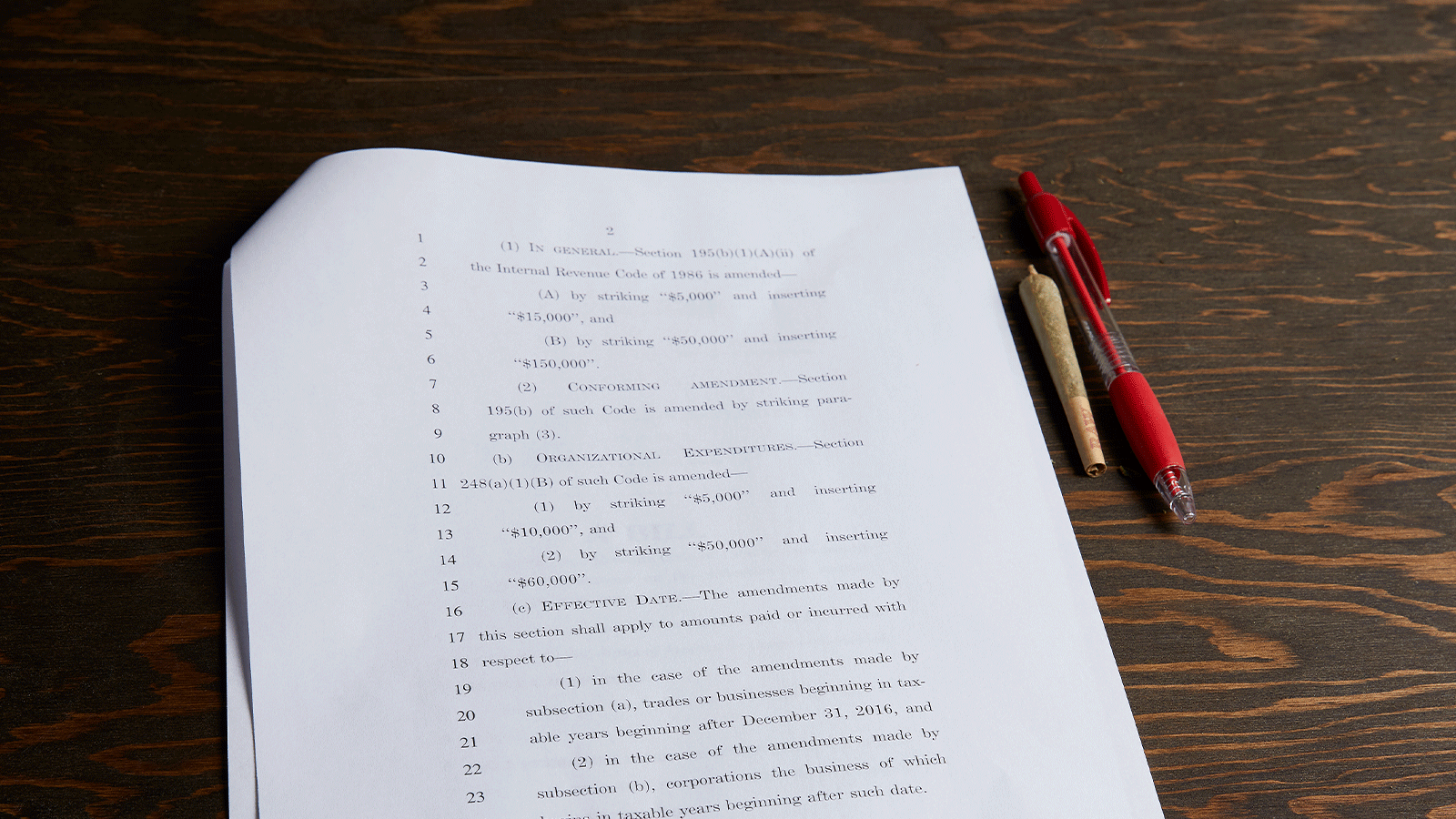
A bill that would overturn some Arizona county attorneys’ interpretation of medical marijuana law to exclude concentrates — which lead sheriff’s deputies to arrest and jail cancer patients — made its first move Feb. 20, 2019, out of a House committee for legal review on.
HB 2149, would expand the definitions of marijuana and cannabis to be the same as defined in the Arizona Medical Marijuana Act (AMMA) to include extracts, concentrates, and any other derivative of the plant. Extracts include edibles, tinctures, vape pens, oils, waxes, and shatters.
Yavapai County Attorney Sheila Polk was the first to interpret the law to mean that anyone buying extracts from a dispensary can be charged with a felony.
One of the first patients charged, Rodney Jones, sued the state when he was arrested and jailed for possession of 0.05 ounces, or 1.4 grams, of hashish and drug paraphernalia. Oral arguments for the case, State of Arizona v. Rodney Christopher Jones, are scheduled for the state Supreme Court on March 19, 2019. He had been sentenced to 2 1/2 years in jail. Arizona dispensaries will continue to sell extracts, pending the court’s ruling.
Republican Rep. Tony Rivero introduced the bill to clear up confusion across the state and give medical marijuana users peace of mind, according to Demitri Downing, founder and executive director of the Marijuana Trade Association of Arizona. The group facilitates business development and networking for members, as well as advancing pro-cannabis policy advocacy.
“It’s exciting to see it pass the House committee and go on to the House Rules Committee,” Downing said. “It’s a real step forward to fix the definition of marijuana. The industry has operated the same, but it means more to the patients who wouldn’t have to worry about being prosecuted in certain counties. If it passes and becomes law, it solves a problem and allows for a safer, calmer community to do business in.”
Mikel Weisser, executive director of Arizona’s chapter of the National Organization for the Reform of Marijuana Laws (NORML), said the move is encouraging after years of any marijuana legislation being a nonstarter in the state.
“I’m expecting that we’re going to have a real battle when we get to the Senate,” Weisser said. “I’m going to do all I can to advance public pressure on the legislators to vote yes.”
One surprise vote came from Republican Rep. Noel Campbell, who represents most of Yavapai County. Campbell said the county attorney’s prosecution appeared to be “entrapment.” Some medical marijuana patients have been arrested driving away from dispensaries after purchasing edibles and concentrates.
“Campbell is still on the fence, but he wanted to move the bill forward so that it could be discussed further,” Weisser said.
Gibson McKay, a spokesperson for the American Council for Patient Liberty, said the bill shows that legislators like Rivero realize that concentrates for patients were part of the AMMA’s intent. The bill passed 5-2 out of the public safety committee with bipartisan support.
“Voters didn’t differentiate between brownies and smokable flower,” McKay said. “Their intent was to provide medical necessities for patients. County attorneys are playing a dangerous game.”
Arizona NORML’s Weisser noted that concentrates made more sense for patients who are unable to smoke, such as an 8-year-old epilepsy patient, as well as those who get more effective pain relief from cancer treatment.
Another significant bill that moved on for consideration by the full House, HB 1494, regulates testing of medical marijuana to ensure products are lab tested.
Based on past years of an “anti-marijuana atmosphere” in the state Legislature, the movement of HB 2149, as well as two other cannabis reform bills out of the public safety committee the same day, indicates that the Republican-dominated legislature recognizes which way the wind is blowing, according to Weisser.
“They’re aware that the future of the nation and Arizona are heading toward marijuana legalization,” Weisser said. “You can fight against it, but if you lose the battle you lose the ability to shape the future.”
Arizona citizens can vote on referendums that become law — and despite a long opposition against any kind of legalization by legislators and well-funded anti-drug groups, the AMMA passed in 2010 by a razor-thin 50.1 percent of the vote. Another referendum to legalize recreational marijuana will begin with petition circulation in 2020. If the law is not passed in the Legislature or concentrates aren’t upheld in court, then the issue will be addressed by the proposed referendum, according to a spokesperson for the Arizona Dispensaries Association.
In 2018, the state’s 186,000 medical marijuana patients consumed 61 tons of cannabis products, including 2.5 tons of edibles, from 130 dispensaries, according to the Arizona Department of Health Services. The Legislature’s session starts in January and typically ends by May, though it’s often extended into June. Bills pass or fail by then and the governor will decide whether to sign them into law.















